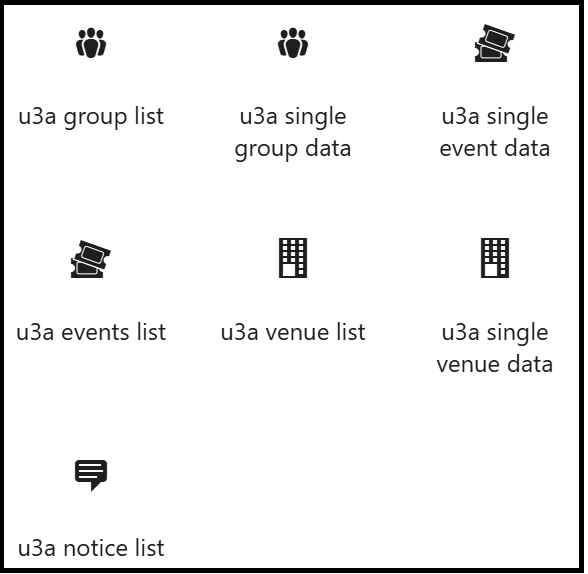Page or Post and how does SiteWorks fit in?
The first point to make is with SiteWorks many u3as will have no need to create Posts. They will find the SiteWorks features provide everything they need.
The simple answer is there is not a lot of difference between a Page and a Post. They both support identical content by having all the WordPress and SiteWorks blocks available in both. In the context of a site using the SiteWorks theme the difference comes down to the page/post setting available and how they are used.
Pages are typically used for information that has a degree of permanence – a welcome page, contacts, about us, our area, our history etc. Of course these pages need regular reviewing and updating, but when changes are actually required could be next week or next year or perhaps never in the case of a local history page.
Posts are essentially pages suited to having a limited life. The can be given a Category which would be used to group posts together, for example Newsletter. They also have Tags that work as search keywords rather like hash-tags on social media sites.
The SiteWorks features u3a Groups, u3a Events, u3a Venues and u3a Notices are, under the covers, WordPress posts. Many SiteWorks sites will find these meet their need and never need to create a post.

While Pages are relatively static from a Web Manager maintenance perspective, what they actually show site visitors need not be.
The SiteWorks blocks on the left generates dynamic content that can be used in pages. For example, individual monthly meetings will typically be noted as individual u3a Events detailing the speaker and topic.
A Meetings or home page could display upcoming meeting information using the u3a events list block with Settings Sort and Filter > Future. When the meetings page is viewed then only events that have yet to take place are displayed.
Another advantage of Posts is that while a user with privilege author cannot create a page, they can create a post. This means the Newsletter editor could publish newsletters by creating a post for each newsletter without needing editor privileges.
One final point, Posts have a comments feature that SiteWorks has turned off. WordPress was originally developed as a blogging tool where readers could make comments (posts) and even start discussions. It’s fair to say that these days social media platforms such Facebook have made blogging a relatively niche activity. WordPress has moved on to become the leading Website authoring tool.
